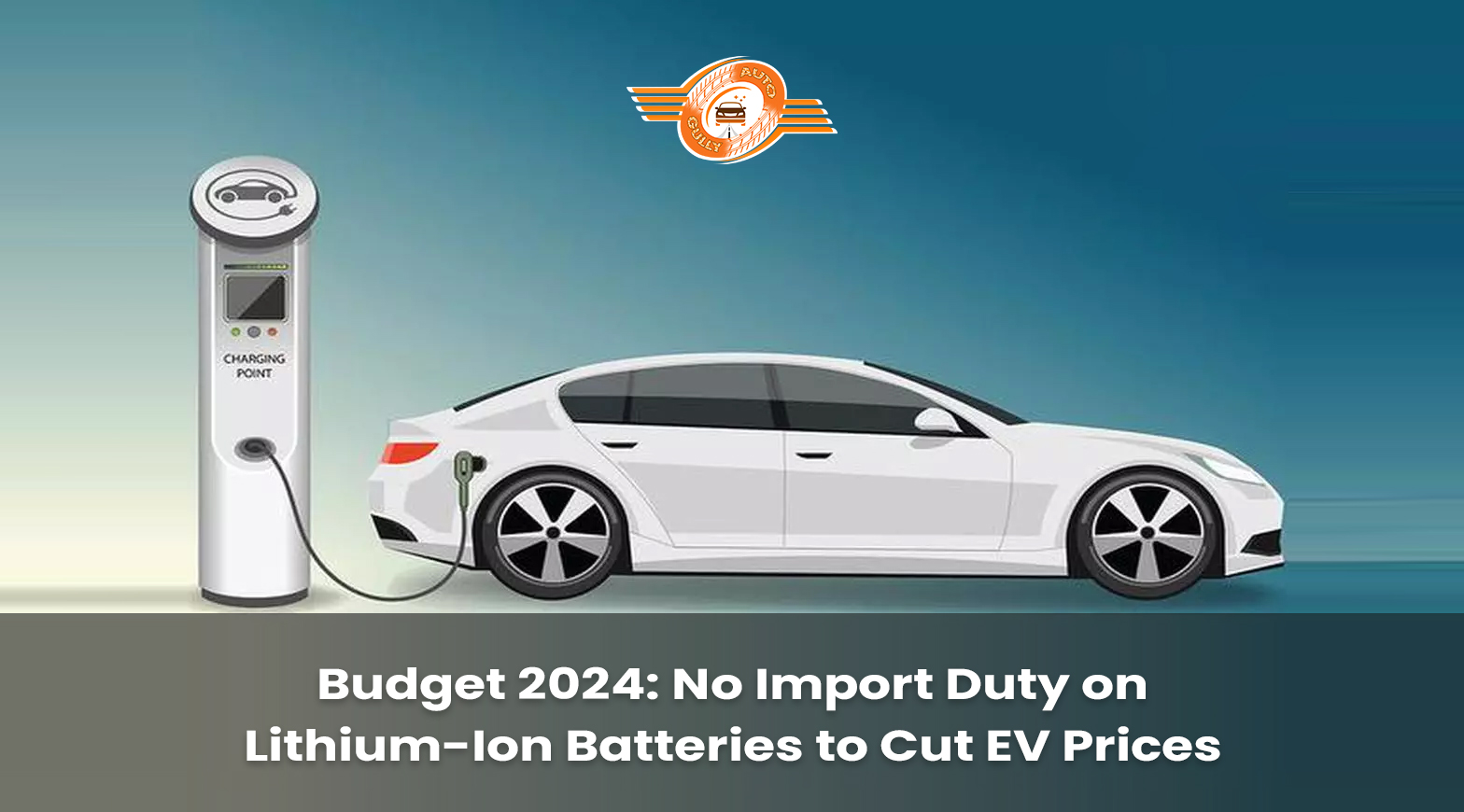After years of being considered, the government has made, in Budget 2024, a significantly important policy announcement that exempts import duty on lithium-ion batteries. Strategic to making electric vehicles affordable—which could well signify the larger population moving unavoidably towards greener transportation options in the country.
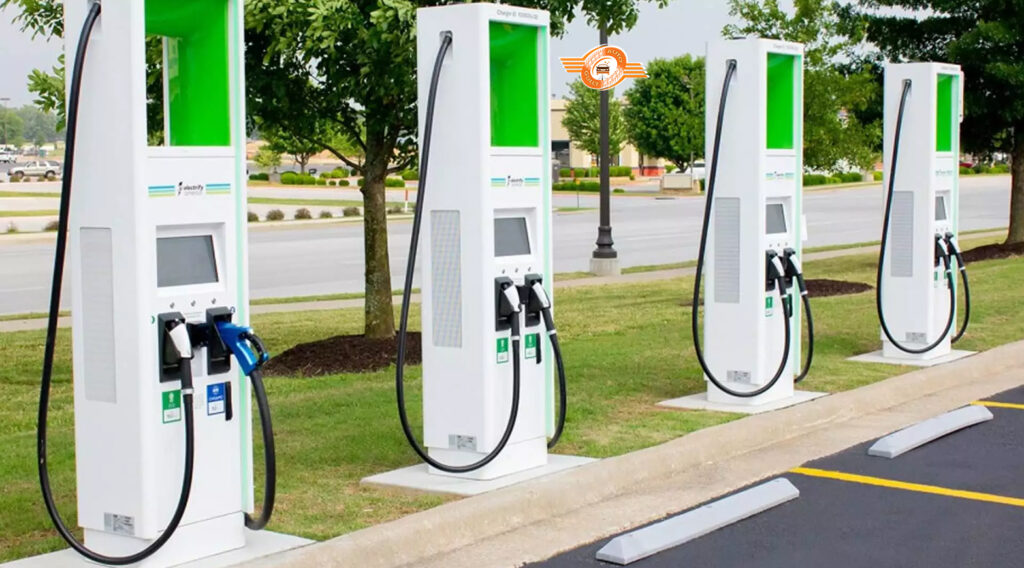
Lithium-ion batteries not only power electric vehicles, from compact cars to large trucks, but have also been running their hearts, though at a high cost. The government tackles one of the main contributors to high prices for EVs in India; until now, import duty on lithium-ion batteries has not applied to electric vehicles.
Presently, the duty on such batteries is in the region of 5 to 20%, depending on the categorization of the said battery type and its application. This directly trickles down as additional cost to the consumers, hence making EV expensive compared to the ICE counterpart. The cost directly trickles down to the consumers, hence making EV expensive compared to the ICE counterpart. Exemptions would mean that the manufacturers will import at less cost and thus they can reduce the prices of those EV models.
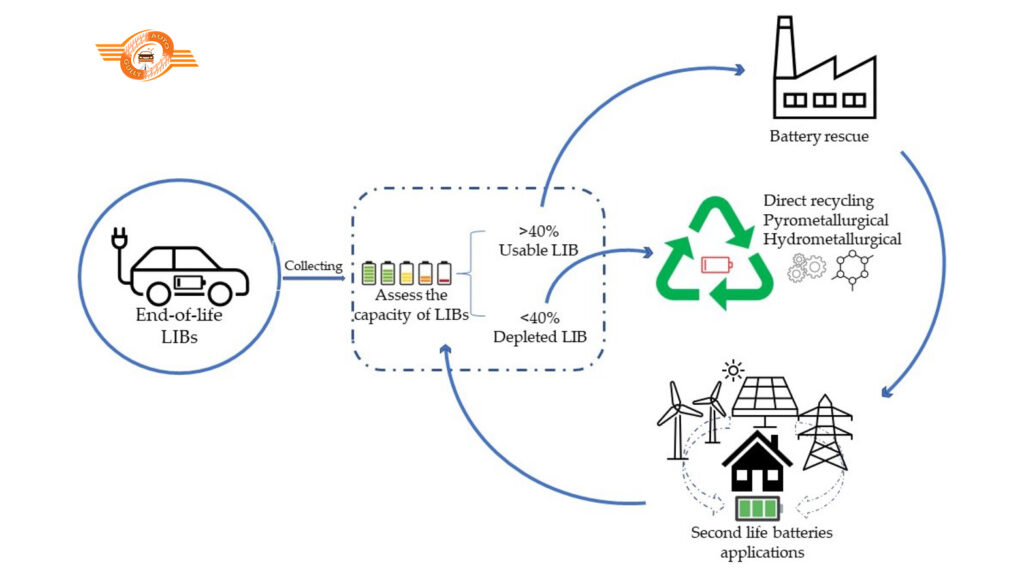
Affecting the market of EVs, lower import duties will cause a ripple effect because manufacturers will pay less for imported inputs, and that advantage can be passed on to the consumer through competitively priced EVs against traditional petrol- and diesel-fueled vehicles. This could provide a turning point for many potential consumers of electric cars who have been deterred from doing so by the high initial cost.
Further, the price reduction would be applicable to a larger number of models of electric vehicles, thereby making it more inclusive. From low-end city cars to premium luxury models, the variations in the reach of this import duty exemption would allow consumers to have more options at more varied price points.
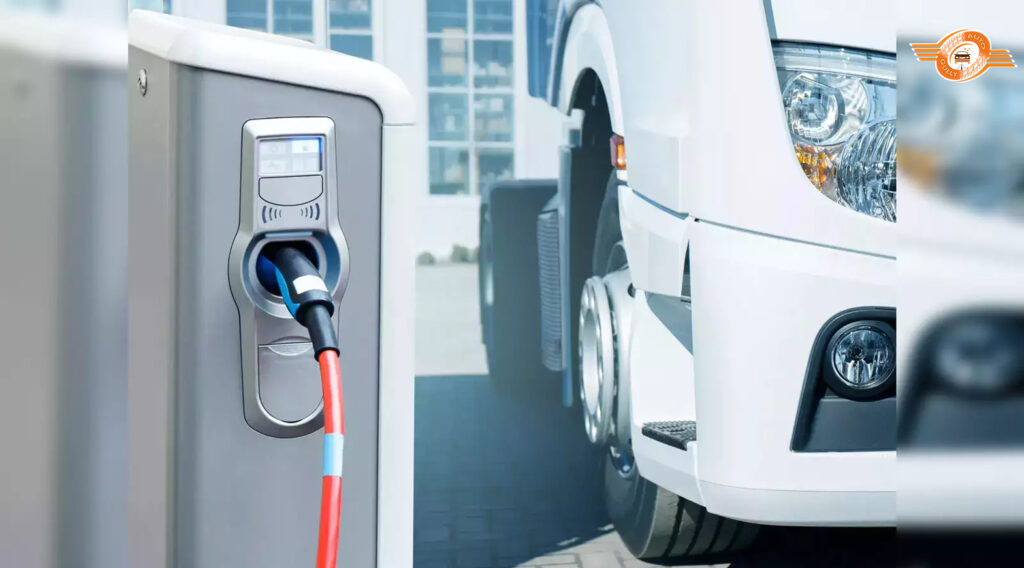
Building An Environment For Improving Local Production And Innovation
In addition to cost reduction in the near term, the import duty exemption also aligns with the long-term vision of the government to make manufacturing intrinsic to India. The globalization of efforts to reduce the cost of imported lithium-ion batteries will induce the electric vehicle manufacturers to expand their base in India. More so, it will enable local investments by manufacturers for battery production in the local facilities for further cost reductions and less dependency on imports in the future.
At the same time, the policy could drive innovation in the Indian EV industry. As manufacturers seek to streamline operations for cost reduction and optimization, R&D focus could increase, possibly contributing to improvements in battery technology, vehicle performance, and extending the life of EV batteries.
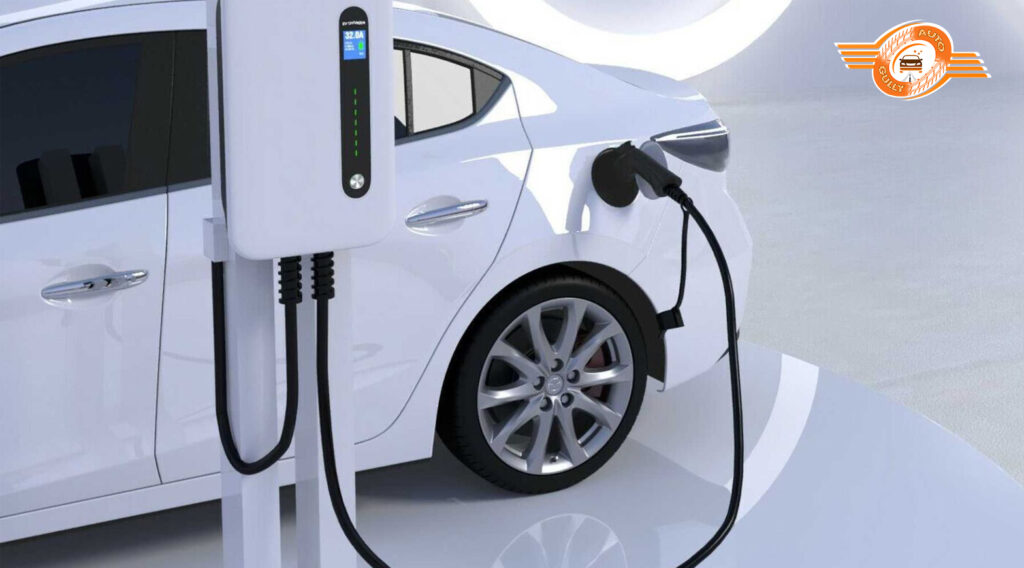
Environmental and Economic Benefits
In broader terms, the exemption of import duties on lithium-ion batteries is important in the cutting of prices and in regard to a major contribution to environmental goals by India. Transportation is one of the largest emitters of carbon, and widespread adoption of electric vehicles would reduce India’s large carbon footprint. This, therefore, is an evident policy that the government wants to assure sustainable transportation solutions.
The EV market could create new jobs in many sectors, such as manufacturing, research and development, and after-sales services. The increase in the number of EVs being built will be counterbalanced by an increased demand for skilled labor to sustain the market.
The import duty exemption is all well and good, but a lot more needs to be done to put the EV ecosystem in place. With this comes critically associated challenges: the lack of adequate charging infrastructure, range anxiety, and concerns related to battery disposal. The government, in coordination with the private sector, should provide concrete solutions that would support growth in the EV ecosystem.
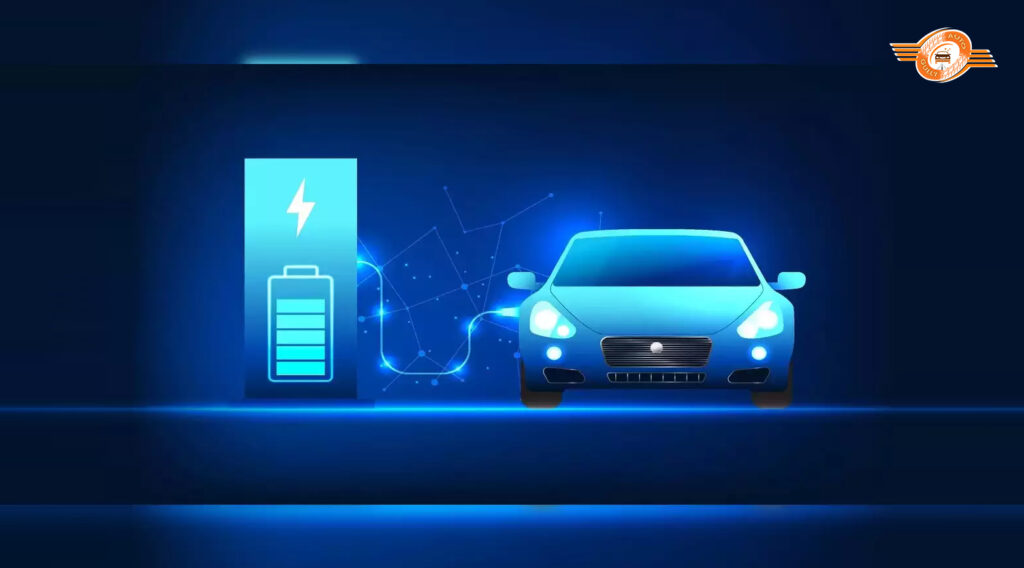
Conclusion
This import exemption of duty on lithium-ion batteries coming in the Budget of 2024 is a very forward-looking policy announcement and is set to revolutionize the electric vehicle market in India. Making electric vehicles affordable, it lays the foundation for a green and sustainable future of India. However, it will depend on any initiative to be taken for further addressing the remaining critical challenges and creating a robust electric vehicle ecosystem that can support the growing demand for electric vehicles.
As a consumer, this will be the very best time to contemplate a shift from either diesel or petroleum to the electric cars. With the prices about to go competitive enough, there couldn’t be a better time to clinch the deal on embracing a cleaner and more sustainable mode of transport.

